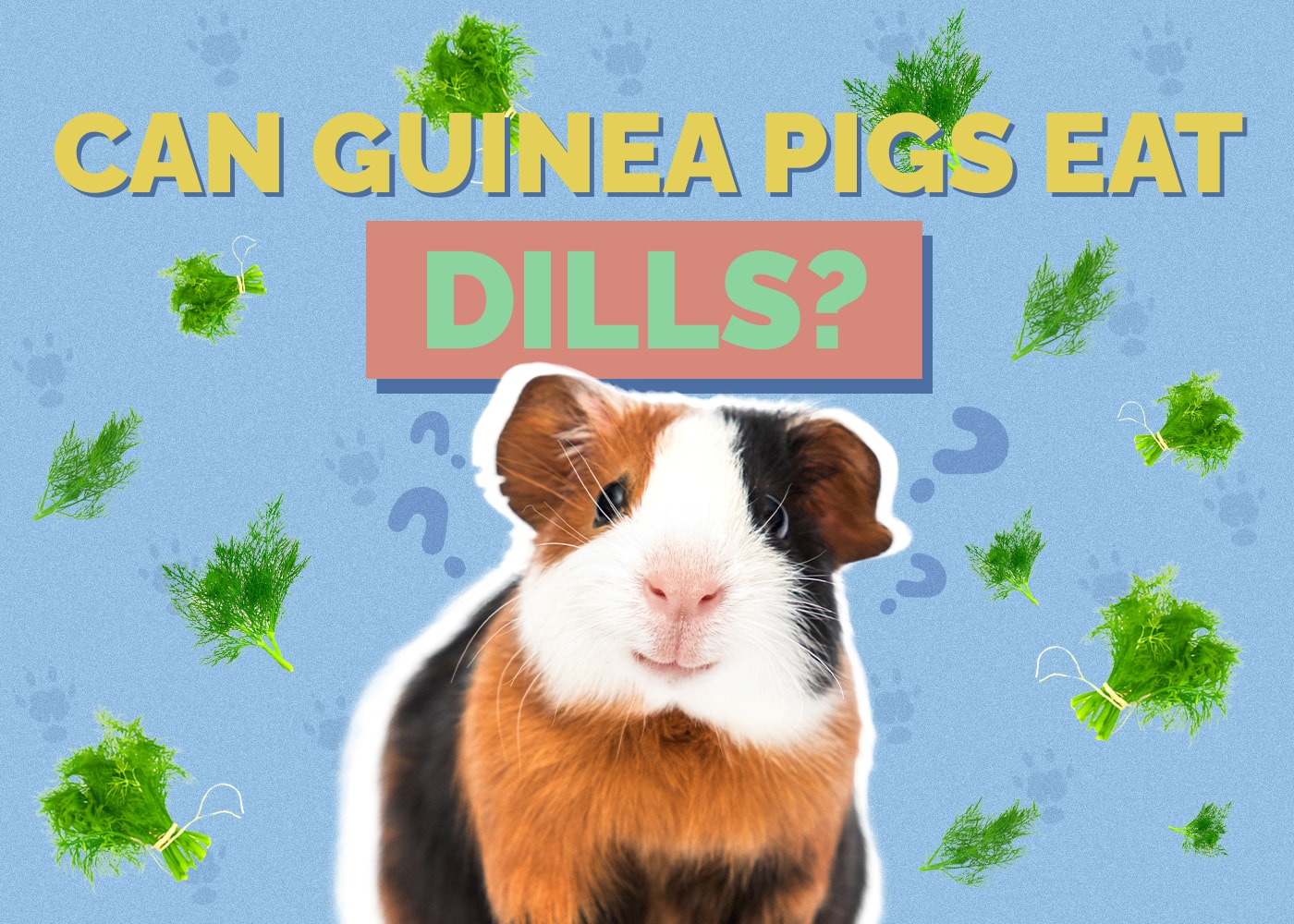What Can’t Guinea Pigs Eat? 15 Foods To Avoid & Vet Approved Alternatives
By Jordyn Alger
Updated on
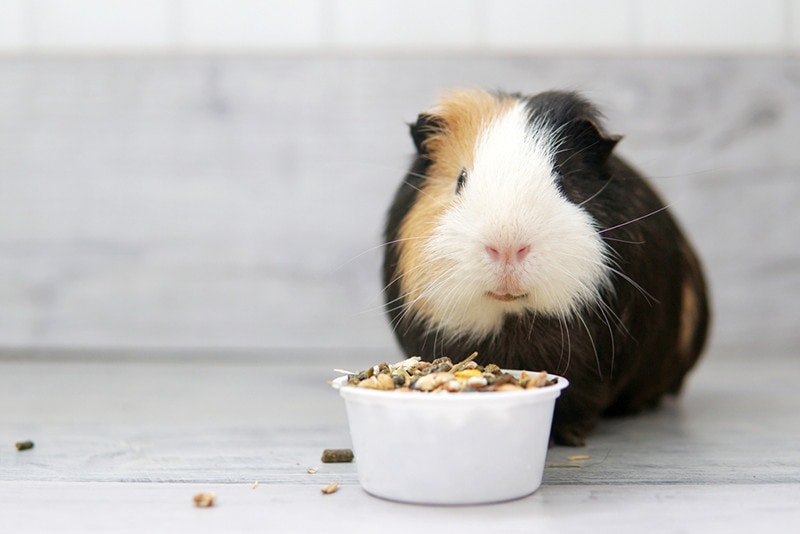
A well-balanced diet is vital to your pet’s health, and you must ensure that you are not accidentally feeding your Guinea Pig anything unsafe. While some foods are toxic for Guinea Pigs, others are recommended in moderation only. In this article, we’ll discuss the human foods that aren’t safe for your Guinea Pig, and at the end, we’ll review some that are healthy for your little friend.
The 15 Human Foods to Avoid Feeding to Guinea Pigs
1. Avocado
Avocado is generally best avoided for your Guinea Pig to eat due to the compound persin found in the seed, skin, and leaves. Persin is known to have a toxic effect on several animals, including Guinea Pigs. If your Guinea Pig consumes too much persin, he may experience diarrhea, myocardial necrosis, and possibly death. Beyond the dangers of persin, avocados are also high in fat, which can cause long-term issues for your Guinea Pig, such as obesity.

2. Nuts
Nuts are not technically toxic for Guinea Pigs, but they have a high-fat content that can become concerning over time. Nuts tend to have rich fats and salts that Guinea Pigs are not designed to digest, so feeding your pet nuts may lead to serious gastrointestinal issues.
Plus, nuts do not suit a healthy Guinea Pig’s diet. Guinea pigs are grazers by nature, and nuts do not line up with that dietary style. So, although one nut might not cause too many issues, a regular meal with nuts can cause problems. Nuts can also present a choking risk.
3. Sunflower Seeds
Although sunflower seeds have nutrients and are not toxic, they are not an ideal source of the vitamins and minerals that your Guinea Pig needs. In fact, the minor benefits are far outweighed by the potential risks.
Sunflower seeds present a choking hazard to your Guinea Pig. The shells of sunflower seeds are dangerous on their own, but the seeds within are hard and large enough for your pet to choke on too. Sunflower seeds are also high in fat and can result in weight gain when a regular part of their diet.
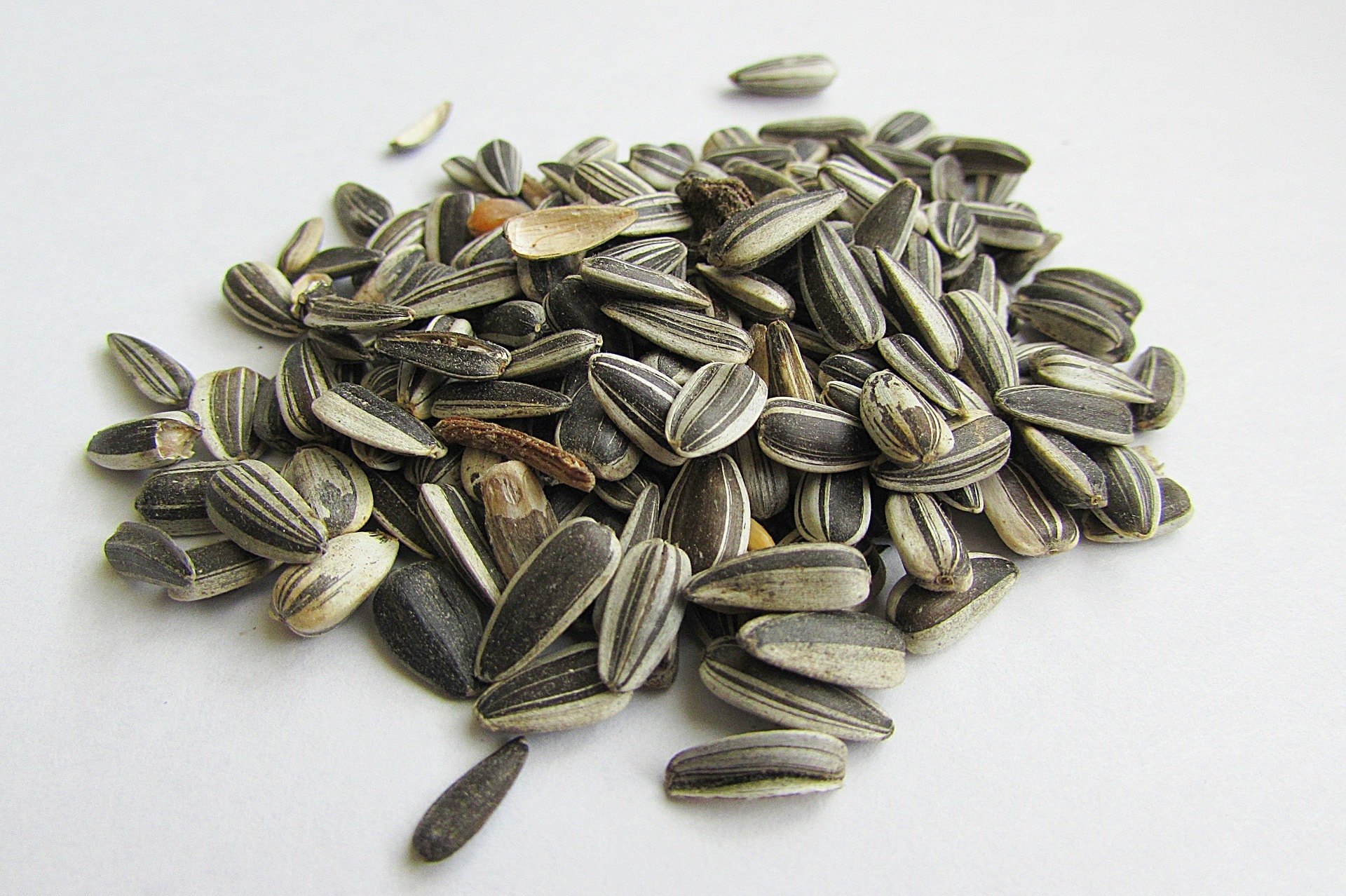
4. Meat
Meat is never a good option for Guinea Pigs. Guinea pigs are strictly herbivores, so their digestive system is not built to process meat. If meat enters your Guinea Pig’s digestive tract, he will struggle to absorb and process it. There is a chance he will be unable to digest it at all. If your Guinea Pig accidentally consumes meat, carefully observe him since there is a chance that he may become ill.
5. Kidney Beans
Kidney Beans are not a good fit for your Guinea Pig’s tummy. If your Guinea Pig eats beans, he may experience gas build-up in his digestive system. This can lead to bloating, which is a common and potentially life-threatening problem for Guinea Pigs. Even minor cases of bloat can be painful and require veterinary treatment before they advance into something worse. Additionally, raw beans are toxic for guinea pigs.
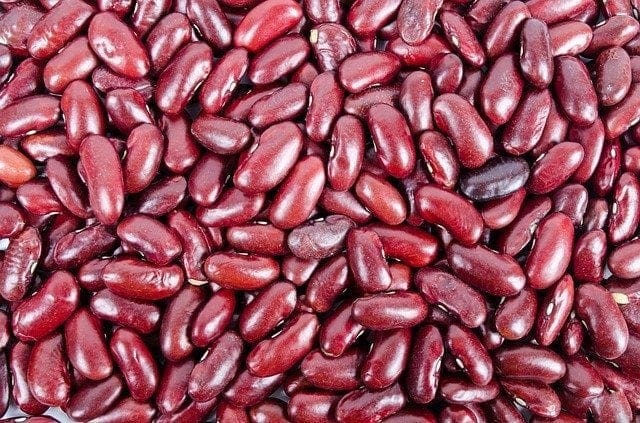
6. Pellets or Kibble Designed for Other Pets
For more experienced pet owners, this may be fairly evident; you cannot feed your Guinea Pig meals that were designed for other animals. Food for other animals will not be geared to meet your Guinea Pig’s nutritional requirements, and in the cases of rabbit and other small mammal food, the amount of vitamin C will be inadequate. If you plan to feed your Guinea Pig commercial food, stick to the options designed for them.
7. Onions
Much like with dogs, onions are not safe for Guinea Pigs to eat. Even a small amount of onion can cause poisoning and even death. No form of onion is safe for Guinea Pigs, whether it is raw, granulated, or cooked.
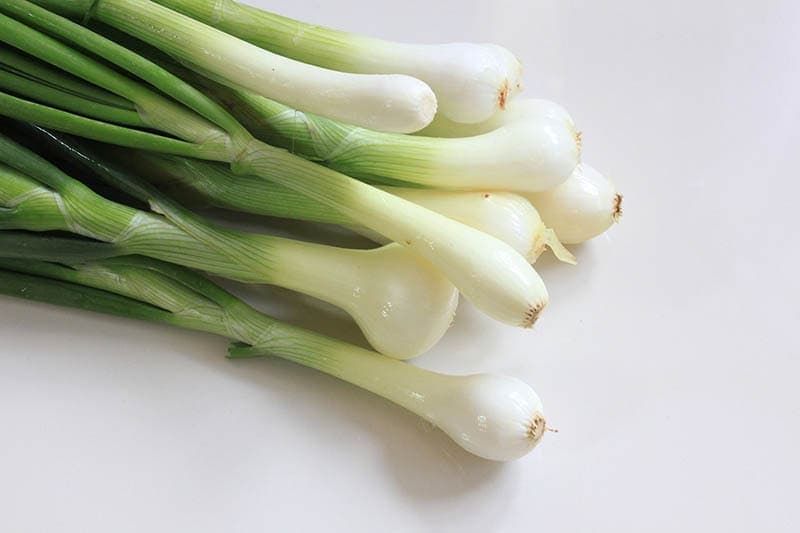
8. Mushrooms
The safety of mushrooms varies widely and it is never recommended to let them eat wild mushrooms. Many species of mushrooms are toxic to guinea pigs. Others that are considered safe in moderation such as closed cup mushrooms are not a natural part of their diet. They do not offer all of the nutrients that they need. If they fill up on mushrooms they may not eat foods that have more nutritional value for them.
9. Potatoes
Foods that are high in starch are not healthy for Guinea Pigs, and the potato is sadly no exception. Not only are potatoes high in starch, but they are also high in carbohydrates in general, which will affect your pet’s weight. Since Guinea Pigs are already at risk for obesity, encouraging weight gain with potatoes is a poor decision. In addition, potato leaves contain solanine and are toxic for guinea pigs.

10. Rhubarb
Rhubarb is a dangerous vegetable for Guinea Pigs due to its oxalic acid. Oxalic acid is difficult for Guinea Pigs to process and should be kept out of their diets at all costs. High enough concentrations of oxalic acid can lead to kidney disease, urinary tract stones, and kidney failure. Although kidney failure is uncommon in Guinea Pigs, it is almost always fatal.
11. Dairy
Your Guinea Pig should not consume any dairy (other than his mother’s milk when he is young). The digestive system is incapable of breaking down dairy products due to a lack of proper enzymes. Examples of dairy items that your Guinea Pig cannot break down include cheese, milk, sour cream, and yogurt.
While some Guinea Pig owners like to feed their pets yogurt drops, it is not advised due to how difficult to digest the drops are.

12. Chocolate
Chocolate is unsafe for Guinea Pigs to consume, much like cats and dogs. This is partially due to the high sugar content in most chocolates, as Guinea Pigs cannot process sugars very well. It is not a part of their natural diet.
Another reason chocolate is so dangerous for Guinea Pigs is the caffeine content. Caffeine is harmful to Guinea Pigs due to the severe effects it can have on the cardiovascular system.
13. Cabbage
This may seem counterintuitive because cabbage seems like it ought to be a healthy meal for a Guinea Pig. However, like dried beans, cabbage can cause excessive gas and bloat. The chances of bloat may be reduced when fed occasionally, but it’s not worth the risk. Therefore, it is safest to avoid cabbage altogether and focus on the leafy greens that are safe for your little friend.
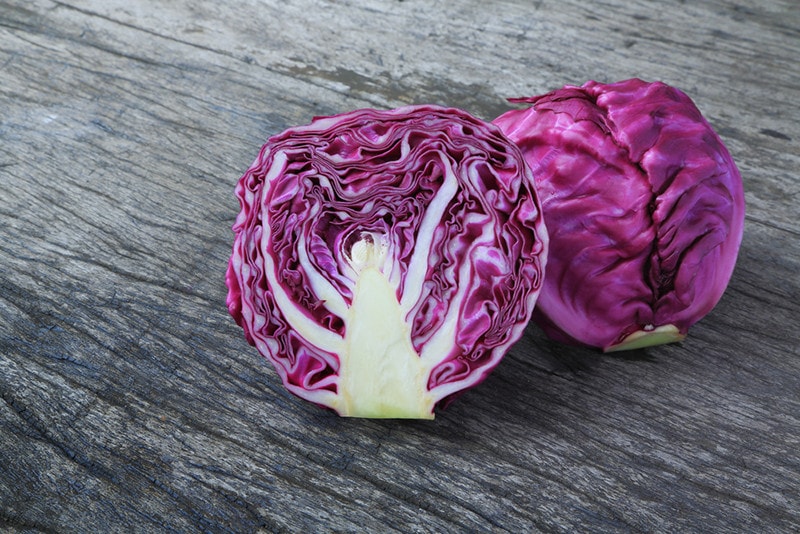
14. Cucumber
Cucumbers can cause digestive upset and diarrhea due to their high water content when fed in excess. However, in small portions, cucumbers are not dangerous for Guinea Pigs. If you feed your Guinea Pig infrequent, small portions of cucumbers, you shouldn’t have too much to be concerned about. Cucumbers certainly are not the most dangerous food item on this list; still, consult your vet before changing your pet’s diet.
15. Cereals, Breads, or Grains
Cereals, bread, and grains are all high in starches and are bad for Guinea Pigs. Plus, many cereals tend to have very minimal nutritional value for your Guinea Pig, so feeding them to your pet may cause digestive issues.
These items are not necessarily poisonous, but that does not mean they are good for your Guinea Pig to munch on. They are essentially junk food for your Guinea Pig, contributing to weight gain without contributing to health.
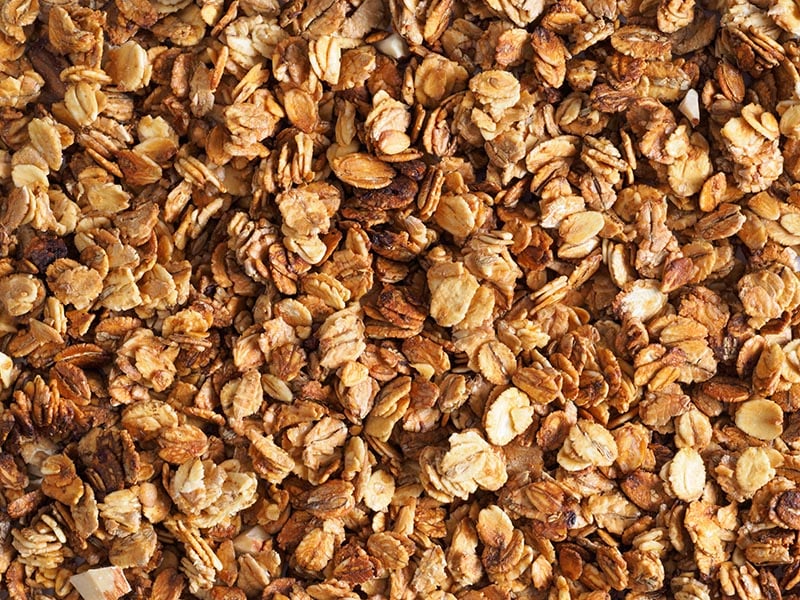
What Can Guinea Pigs Eat?
After reading through a list of things your Guinea Pig cannot eat, you may be wondering exactly what your pet can eat. Thankfully, there’s a lot to choose from.
Your Guinea Pig will need to eat grass or grass hay regularly.
- Timothy grass
- Oaten grass
- Barley
- Grassy hay
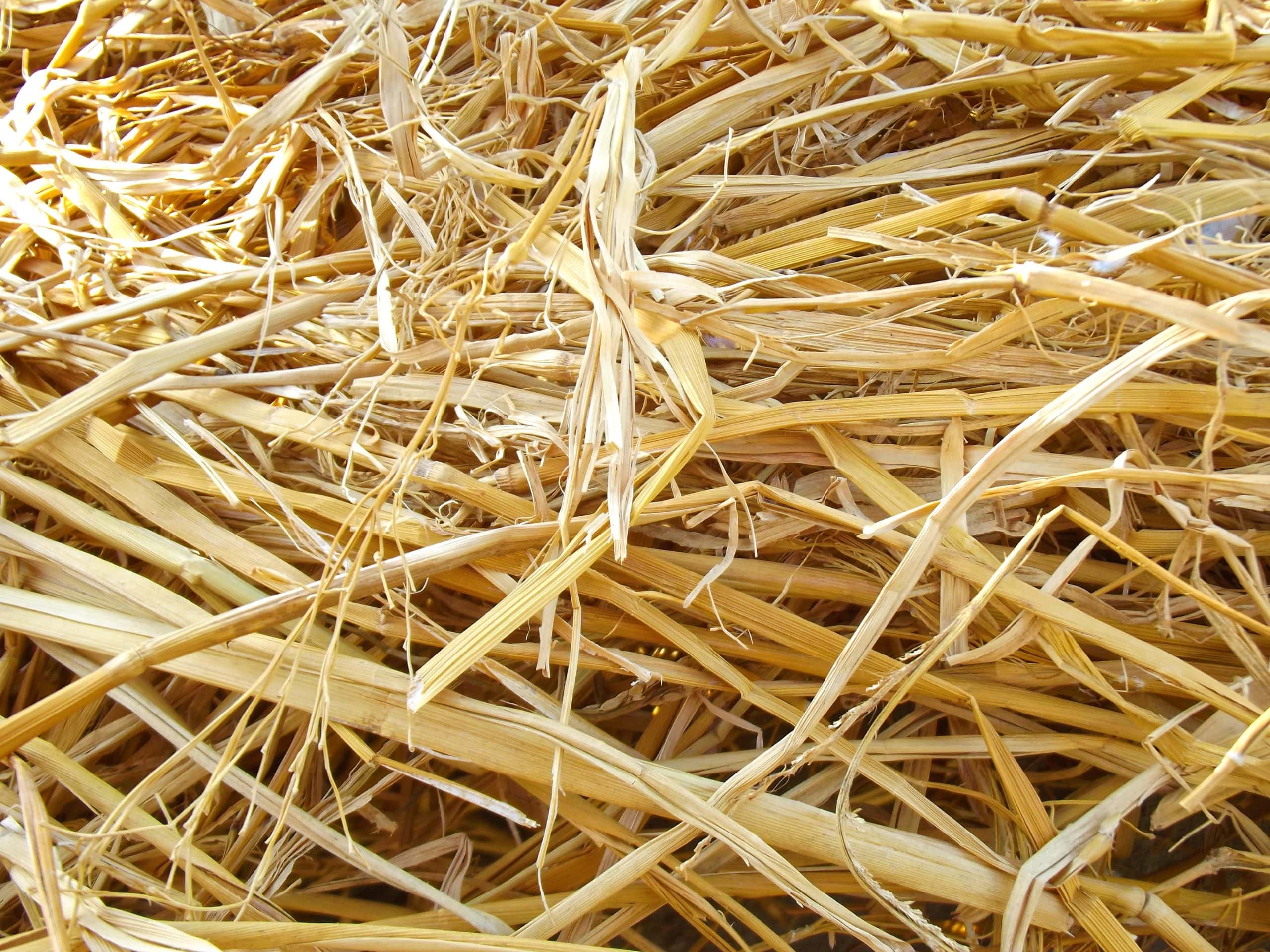
Fresh, leafy greens and herbs are another important part of a healthy Guinea Pig’s diet.
- Dandelion greens
- Cauliflower leaves and stems
- Carrots
- Borage
- Rocket
- Green beans
- Celery
- Coriander
- Basil
- Parsley
- Dill
Since Guinea Pigs cannot generate their own Vitamin C, they must receive an adequate amount in their diet.
- Leafy green vegetables
- Bell peppers
Conclusion
As pet owners, we have a responsibility to monitor our pet’s health, and a large part of that is ensuring that they are eating the right foods. While the foods listed in this article are not safe for your Guinea Pig to consume, there are plenty of ways to safely spice up your Guinea Pig’s meals. For advice on how to provide an exciting yet nutritious meal for your pet, consult your vet and develop a dietary plan that will enrich your Guinea Pig’s health and eating experience at the same time.
See Also:
Featured Image Credit: Pogodina Natalia, Shutterstock


